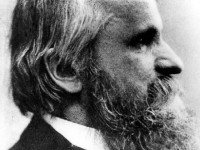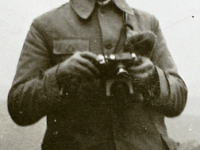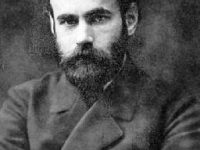Kurt Koffka – Perception and Gestalt Psychology
On March 18, 1886, German psychologist Kurt Koffka was born. Koffka along with Max Wertheimer and his close associates Wolfgang Köhler established Gestalt psychology. Koffka’s interests were wide-ranging, and they included: Perception, hearing impairments in brain-damaged patients, interpretation, learning, and the extension of Gestalt theory to developmental psychology. “Conduct, of course, is possible without science. Humans carried on in their daily affairs long before the first spark of science had been struck.…
Read more





